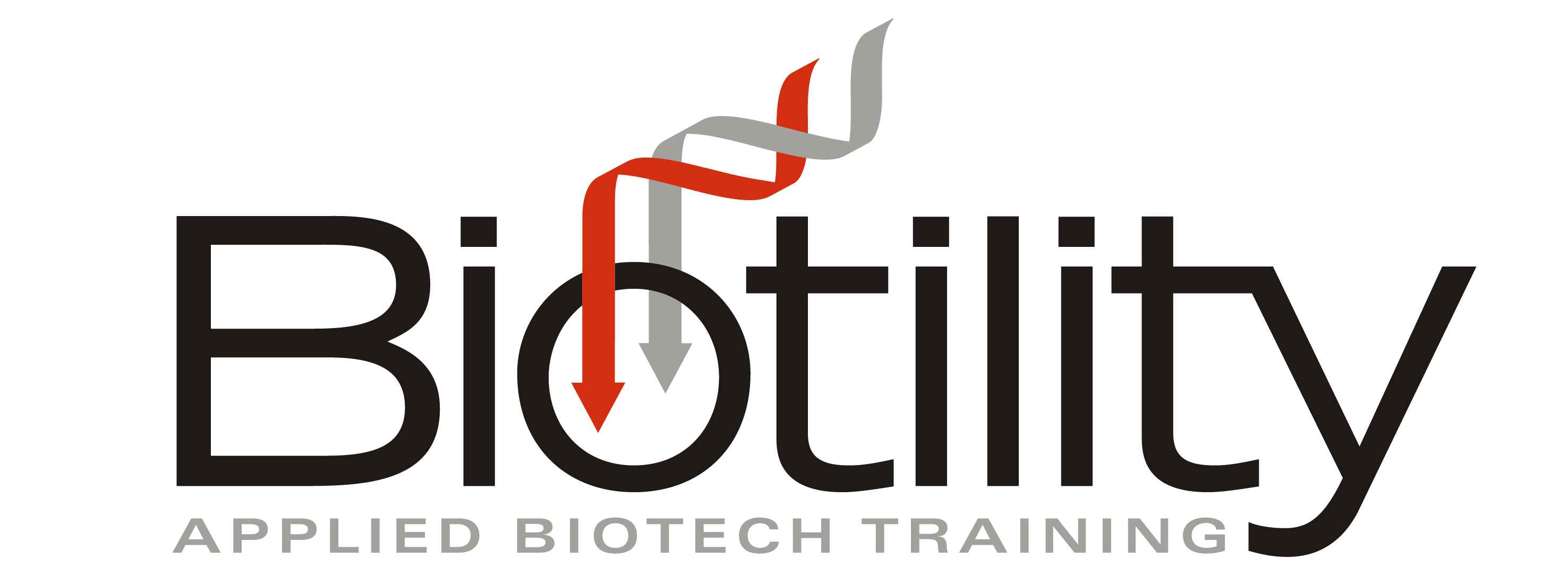
|

| ||
FOR IMMEDIATE RELEASE
July 23, 2009
CONTACT:
GOVERNOR'S PRESS OFFICE
(850) 488-5394
Governor Crist Applauds Florida’s Innovative Biotechnology and Life Sciences Industry
Hosts roundtable with biotechnology and life science educators and business leaders
PALM BEACH GARDENS - Governor Charlie Crist today recognized Florida’s innovative biotechnology and life sciences industry in his ongoing effort to focus on economic development. The Governor highlighted the importance of training Florida’s future workforce and industry growth during a roundtable discussion at the BioScience Technology Complex at Palm Beach Community College.
“Florida’s economy continues to benefit from the state’s development as a global leader in biotechnology and life sciences,” said Governor Crist. “The advances from this industry will continue to diversify Florida’s economy, as well as improve the health and quality of life for everyone.”
Florida has become one of the fastest growing states in the life sciences industry and is among the top 10 United States biotech centers, according to Ernst & Young. There are more than 120 biotechnology research and development companies in the state, excelling in the areas of biotechnology devices, diagnostics and therapeutics.
For the second consecutive year, Fierce Biotech ranked Florida as one of the top five regions for biotech companies in 2008. Since 2001, the number of biotech companies has more than doubled in Florida and the state is home to more than nine percent of the 1,450 biotech firms in the United States. The life sciences industry employs more than 26,000 Floridians, from basic research and development to clinical trials and business development. Additionally, Florida is home to nearly 100 pharmaceutical companies and more than 4,000 researchers, technicians and workers. In 2008, the annual average wage for the biotechnology industry was $55,628, exceeding the state’s total annual average wage of $40,569 by 37 percent. In 2008, the annual average wage for medical device manufacturing was $54,943.
As Florida’s biotechnology business hub has grown, workforce training opportunities have also increased. Palm Beach Community College, the roundtable host location, offers two degree programs in biotechnology taught by a renowned scientific faculty made up of doctorial researchers committed to meeting the needs of the global scientific community. In addition, a Biotechnology College Credit Certificate is designed for students currently employed in the biotech industry or students who have received a bachelor's degree and are seeking additional experience in the field. In addition to accomplished programs at Florida State University, the University of Central Florida and others in Florida, the Employ Florida Banner Center for Biotechnology at the University of Florida also continues to serve the state’s growing workforce needs. As education and training programs increase in Florida, the state will be better equipped to serve its flourishing biotechnology and life sciences industry.
Governor Crist was joined at the roundtable by educators and industry leaders from Palm Beach Community College, Angel Investment Forum of Florida, Akron Biotech LLC, Biotools Inc., BioFlorida, Business Development Board of Palm Beach County, cuRNA, Employ Florida Banner Center for Biotechnology, Enterprise Florida Life Sciences Council, Florida Institute for the Commercialization of Public Research, iTherapeutics, Max Planck Florida Corporation, New World Angels, Palm Beach County’s Life Sciences Strategic Steering Committee, Scripps Florida, Torrey Pines Institute of Molecular Studies, and TransDermal Technologies Inc.
About Florida's Biotech Business Hub
Since entering office, Governor Crist has had the privilege of announcing the arrival of several prestigious biotechnology businesses in Florida. In December 2007, Governor Crist announced the creation of the Max Planck Florida Institute, a bioimaging facility, to be located in Jupiter. In January 2008, Governor Crist announced that VGTI Florida is expanding to Port St. Lucie and announced in February 2008 the creation of the University of Miami Human Genomics Institute, which will support approximately 1,274 positions directly and indirectly, over a 20-year period and will generate $3.2 billion in gross state product.
More recently, the Cambridge, MA-based Charles Stark Draper Laboratory Inc. established a BioMEMS R&D Center at the University of South Florida in Tampa and a Multi Chip Module (MCM) Center in St. Petersburg. In January 2009, Governor Crist announced Biotest Pharmaceuticals’ plans to expand its Palm Beach facility to increase production, adding 50 jobs and an estimated economic impact of $89 million.
In addition, Governor Crist attended the grand opening of Scripps Florida in February 2009. Scripps Florida is expected to create 6,500 new jobs during the next 15 years and position the state as a leader in biomedical research. An analysis conducted by two of Florida’s top economists predicts the Scripps facility will generate about $1.6 billion in additional income to Floridians and boost the state’s Gross Domestic Product by $3.2 billion in the next 15 years. Other biotech organizations that have established a presence in Florida include the Burnham Institute for Medical Research and the Torrey Pines Institute for Molecular Studies.
About the Employ Florida Banner Center for Biotechnology
Established in 2006, the Employ Florida Banner Center for Biotechnology is based at the University of Florida and has a statewide mission to respond to the need for a highly skilled workforce to support Florida’s growing biotechnology industry. The center, housed in the university’s Center of Excellence for Regenerative Health Biotechnology, focuses on developing and delivering industry-approved curricula in industrial biotechnology for workforce training that can be replicated, through partnerships, across the state.
# # #